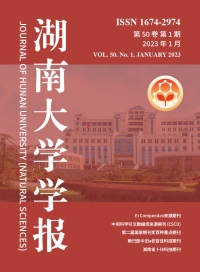Abstract
This article presents a novel approach to evaluating the profitability of working capital in supply chains by applying specialized modifications to the EOQ (Economic Order Quantity) inventory management model framework. The research addresses the critical issue of optimizing inventory management and determining the duration of the delay in payment to the supplier factoring in the TVM (Time Value of Money), transportation logistics constraints, and allowable delays in receiving revenue from fulfilled orders. Specifically, this study focuses on scenarios where payments for orders can be covered by the revenue generated from delivering those orders, effectively making order and delivery costs part of the working capital. The objective is to provide an approach within the EOQ model framework that enables the determination of profitability while optimizing the order size considering the vehicle capacity, delivery cost discounts, the use of multiple vehicles, and delays in receiving revenue. The approach involves deriving interest rate estimates that reflect the profitability of the supply chain under mentioned conditions. The results show that, under certain conditions, using multiple vehicles can enhance profitability, but only when discounts exceed a threshold value and when delays in revenue receipt are properly accounted for. By incorporating logistical constraints and financial timing factors, proposed procedures for assessing interest rates improves the accuracy of inventory management strategies, contributing to more efficient supply chain operations.
Keywords:
Economic Order Quantity (EOQ), delays in receiving revenue, vehicle capacity, multi-vehicle delivery, working capital profitability, transportation cost discounts.
- Received: 217 October 2024
- Accepted: 25 November 2024
- Published: 23 December 2024

 Ivan Shidlovskii
Ivan Shidlovskii